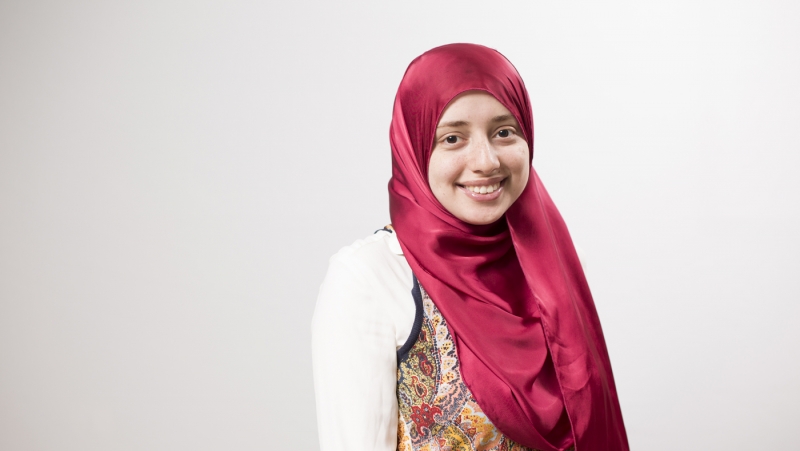Women in hijab- the rising tribe
The number of women at work across the Muslim world is swelling. Across the 30 largest emerging-market Muslim countries, 100 million women were working in 2002. Today, that number is 155 million. Economic necessity, more education, new technologies and changing social norms have been at the core of this shift. And among these new entrants to the labor force, women like Negm — a new generation of educated, female, dynamic, tech-savvy, globally connected but locally committed entrepreneurs — hold the most promise for delivering an outsize impact on their countries’ prosperity.
Early in her career, Samira Negm, a Cairo-based engineer, programmed self-parking features for cars. But she spent nearly as much time driving a car as she spent programming one. Millions of people moved from home to work every day in her city of more than 20 million; her daily commute to work could at times run to three hours or more. She started wondering if she couldn’t do more useful things with her skills and her time. Perhaps she could connect co-workers looking for efficient ways to travel to work in Cairo’s chaotic traffic. Perhaps she could even design a car-pooling app, to provide workers, particularly women, with safer and cheaper ways to travel while helping cut down traffic congestion. Negm quit her job and Raye7, a car-pooling app, was born. Negm is the new face of tech entrepreneurship in the Muslim world. And she is not alone.
When it comes to entrepreneurship, Indonesia and Malaysia are among the 13 economies in the world where there is a higher percentage of early-stage entrepreneurial activity among women than men. Other Muslim countries also show high percentages: In Kazakhstan, women’s entrepreneurial activity is 80pc that of men, while in the United Arab Emirates it is 63pc. In all four countries, the ratio of female-to-male entrepreneurs is higher than in the United States, where it’s 60pc.
This intersection of STEM education and rising entrepreneurship has created the conditions for women in Muslim-majority emerging markets to catch the wave of technological change sweeping the world. But they have done so in a way that looks very different from the West and very different from the generations of women before them. They are using technology to trump culture and then changing culture from within.
Related Posts

